What will Brexit mean for funding in Wales?
- Published

There may be universities in the world with a more striking view than Swansea Bay Campus, but I haven't come across them.
At one end of the languid curve of the bay lies the Port Talbot steelworks, steaming gently in the autumn sunshine, at the other, the green undergrowth of the Gower Peninsula.
In between, miles of pale sand merging into an equally flat sea. Perhaps one day this strand will be home to a technological miracle, a revolutionary world first. Or perhaps not. Time and tide will tell, but more on that later.
I'm not here for the view, but the politics.
This campus thinks of itself as poised on the cutting edge of a technological revolution and the academics I talk to are all highly excited by the potential to be a world beater.
Just what Brexiteers like Boris Johnson say is our destiny.
But the campus only exists because of £40m of European Union money - and £60m from the European Investment Bank, a long-standing EU institution.
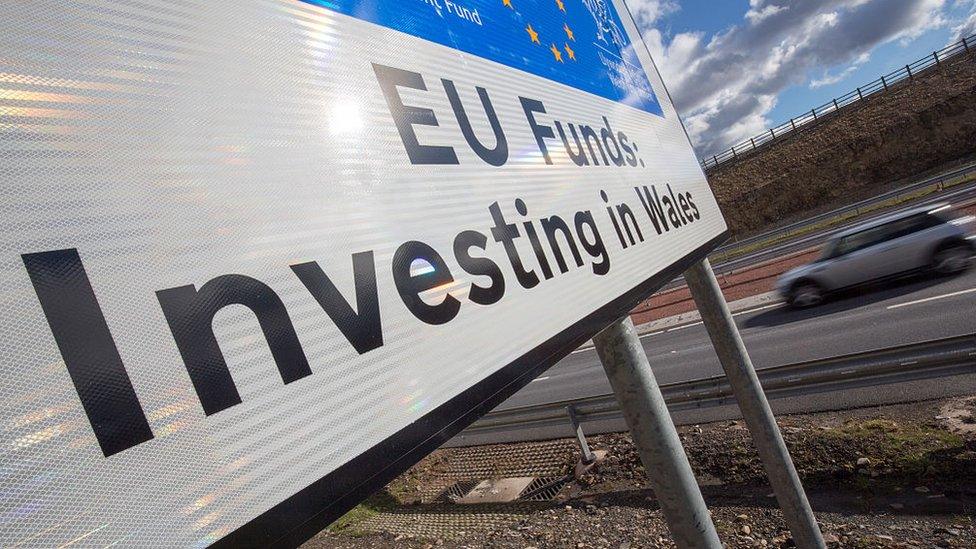
Wales currently has received a total of £4bn in structural funding from the EU since 2000
Prof Iwan Davies, Pro-Vice-Chancellor of Swansea University, told me: "The EU money provided leverage. It provided about a third of the public grant required to establish the campus. The key thing that matters to us now is that the UK government and the Welsh government can support science and innovation."
I move on to Swansea's rather smart marina. The red and white lightship at the front has the suitably weathered look of a workhorse - quite a contrast to the stately yachts and bijou flats surrounding it.
Facing it is another beneficiary of EU money: the National Waterfront Museum - a clever amalgam of old brick warehouse and those signifiers of modernity, steel and glass - which received nearly £4m of EU money. That is only a drop of the £4bn Wales has received in structural funding from the EU since 2000 - and Wales voted to leave the Union.
Laura McAllister,, external professor of public policy at Cardiff University, says it is a mistake to think those who voted to leave weren't aware about the huge amounts of cash Wales has enjoyed: they just weren't impressed.
"A lot of people believe the money has been spent on vanity projects, statues, projects which haven't created substantial numbers of jobs," she said.
"There's also a feeling if you are in extreme poverty, without a job, without a pension, in some cases without a home, then the creation of jobs at a certain level in the economy doesn't actually benefit you."
I meet Geraint Davies, the Labour MP for Swansea West, outside Townhill's Phoenix Centre, which was built with part of a £5.6m EU grant to regenerate a very poor area. He is worried about the future.
"There's lots of challenges faced by the local community, not having much economic well-being, but we've been on the up largely thanks to the EU and investment in skills and many people are realising they voted the wrong way."
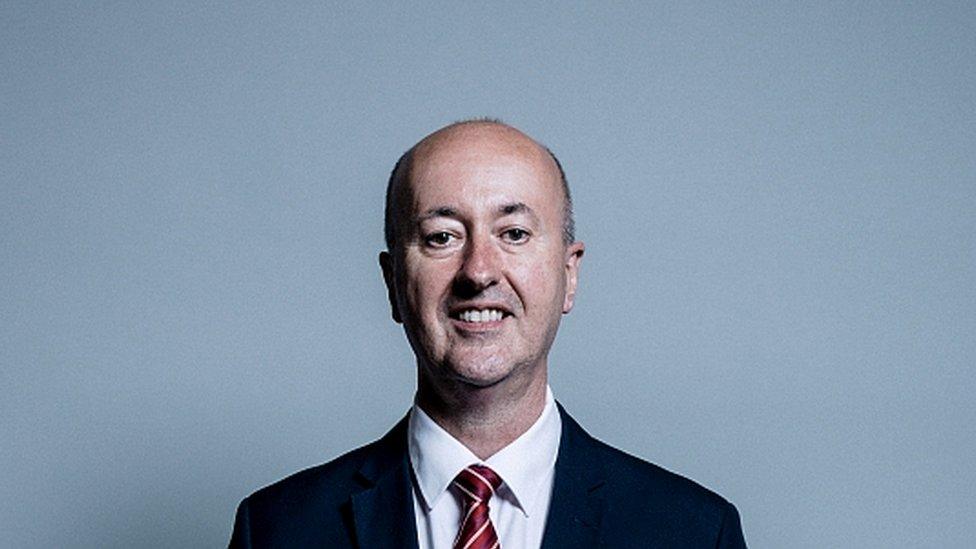
Labour MP Geraint Davies is concerned that infrastructure projects will not now go ahead
As he takes me down the hill, another spectacular vista unfolds, making sense of Dylan Thomas's poem about his hometown. "An ugly, lovely town, crawling, sprawling by the side of a long and splendid curving shore."
There is still huge pride and some ambivalence from people who live in this "ugly lovely" place.
And Mr Davies, for one, feels two vital projects are now under threat. The electrification of the railway line, which currently stops at Cardiff, and an ambitious plan for an electricity-generating tidal lagoon which would be the first of its kind in the world.
"These key cutting edge projects are going to be burnt on the altar of Brexit," he says. I put it him that the funding for these projects has nothing to do with Brexit.
"The government have been umming and ahhing about electrification and the lagoon for a number of years. Now they realise they have to pay £50bn for Brexit and so they will knock some projects on the head. The areas which most need them, like Swansea, are going to be sacrificed for that."
All around this town you can see those blue plaques adorned with golden stars telling of largesse and bounty.
Perhaps it won't be long before they become as rusted as the occasional pithead you see around this country: as much as part of the past as the mines, mourned by some in its passing, celebrated by others in its demise.
But of course the UK government could simply step in where the EU once trod.
Plaid Cymru's Leanne Wood hopes so.
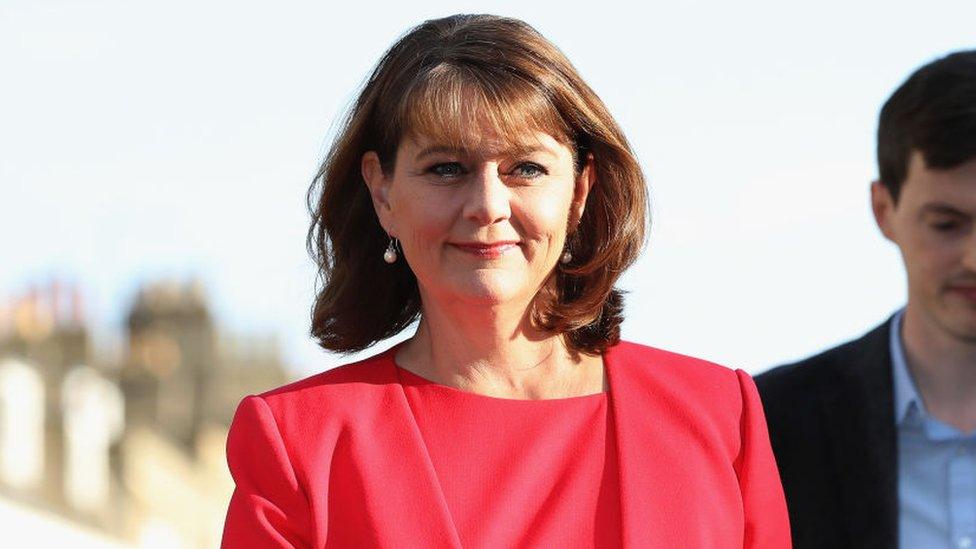
Plaid Cymru's leader, Leanne Wood, fears Brexit will be used as an opportunity to reduce funding for Wales
"I don't have faith in the Tories to deliver," she explains.
"What we know about the Tories is that they want to reduce the amount of money that government spends. So my fear is that Brexit will be used as an opportunity by them to reduce the amount of investment we get in Wales."
This is the thing about Brexit, it forces choices to be made.
My visit to Swansea has clarified and highlighted a couple of things.
Firstly, that choices have been made long ago by the EU - which means the prime ministers and presidents who lead its countries as much as the commission - which are highly political and ideological but not often questioned.
The European Union is committed to a policy that deliberately goes out of its way to improve the infrastructure and living standards of the poorest regions to a sort of common European level. It is something Christian Democrats and Social Democrats can, in theory, agree upon.
Whether this or any future UK government decides to follow this policy domestically after Brexit is a matter of political will, a choice, no longer something that has been decided in the past and will continue automatically into the future.
And Prof McAllister says it would require a huge effort of political will to replace it - or to want to replace it.
"The European Union is one of the greatest redistributive agents we've ever seen and it would require a very, very brave domestic government to decide to redistribute funding in the way the EU has.
"This would require huge amounts of funding being moved from the wealthiest parts of the United Kingdom to the poorest parts. It would have to be very, very muscular and I fear that's unlikely to happen."
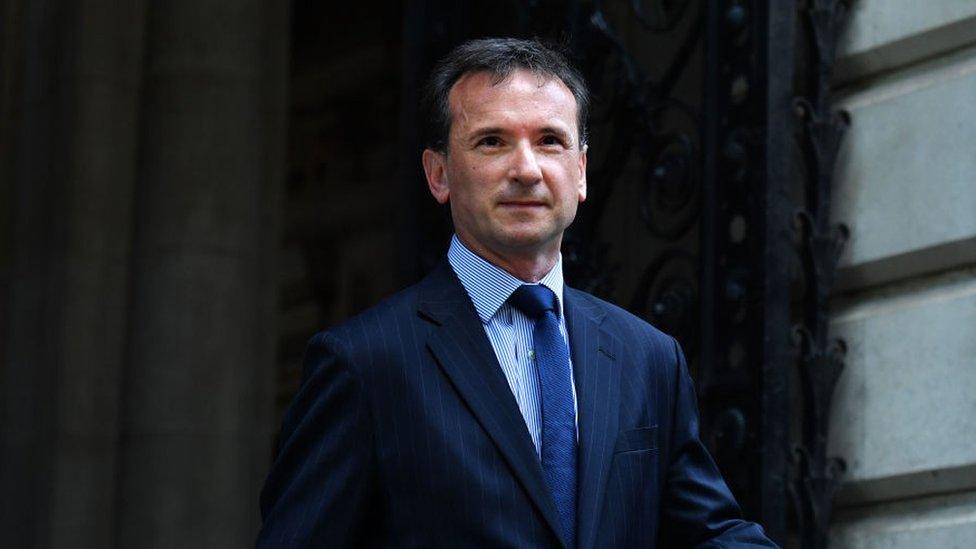
Welsh Secretary Alun Cairns says post-Brexit funding for the nation will be more responsive
On The World This Weekend, I put some of these points to the Secretary of State for Wales, Alun Cairns.
He was blunt. "We've got to recognise that those areas which received European aid, some of the poorest parts of Wales, voted in the largest numbers to leave the EU. So the point of EU money being spent on what [were] described as vanity projects, certainly hasn't had the impact."
And he explained that the government has a commitment to a shared UK prosperity fund which "will give us the opportunity to have a much more streamlined, much more responsive, much more pro-growth, private sector approach".
I put it to him that could sound like less money. "I want to focus on outcomes rather than inputs. That was part of the problem with EU money. It was always about the sums being spent, rather than the value."
As for that lagoon project, he told me to wait and see.
Mark Mardell's report from Swansea and his interview with Alun Cairns are available via The World This Weekend iPlayer Radio page.
- Published30 December 2020

- Published31 August 2017
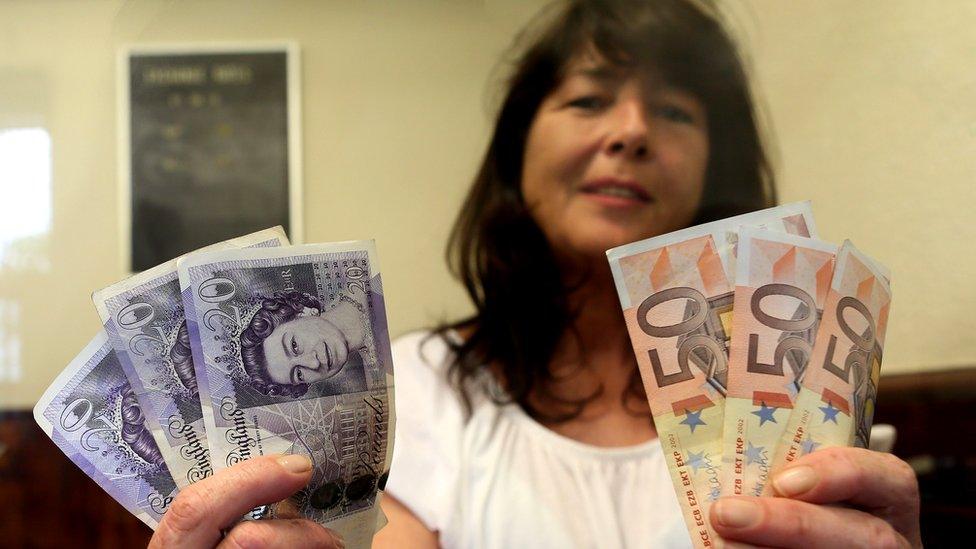
- Published18 September 2017
